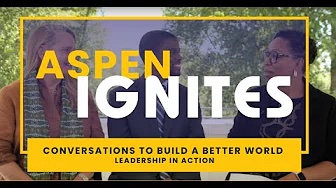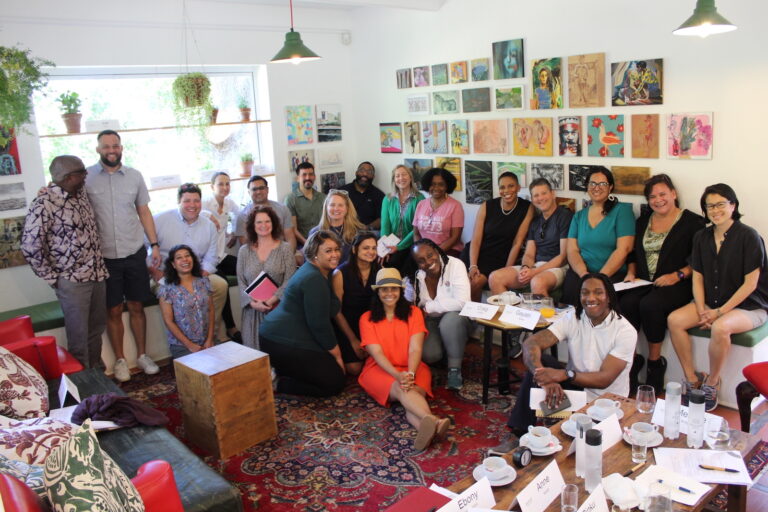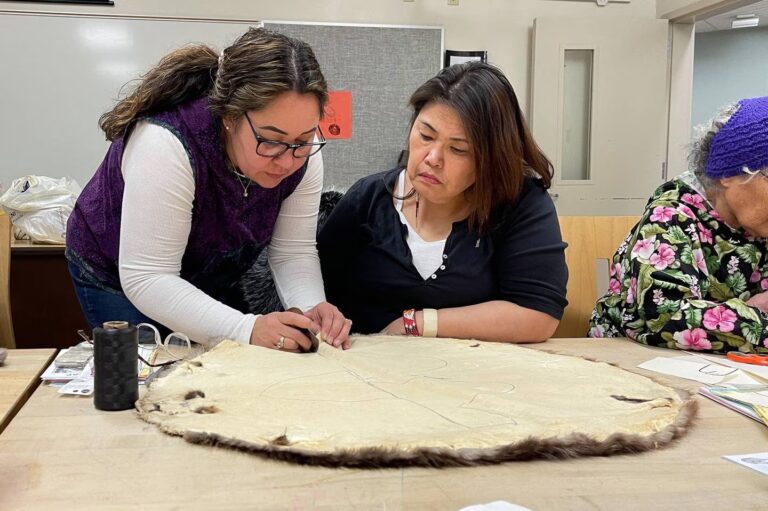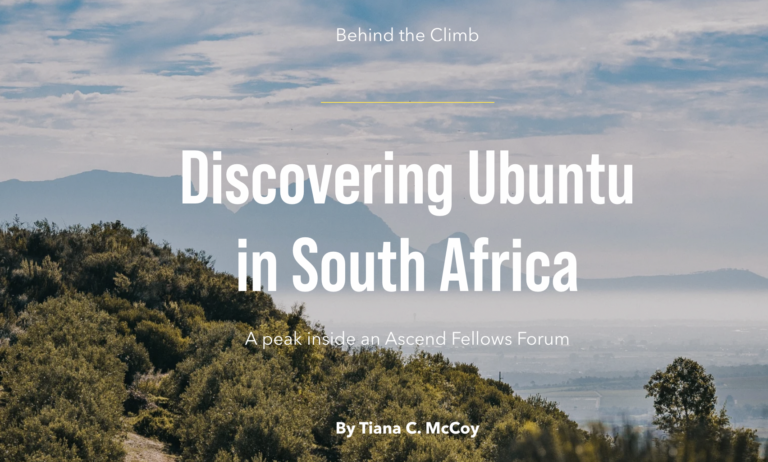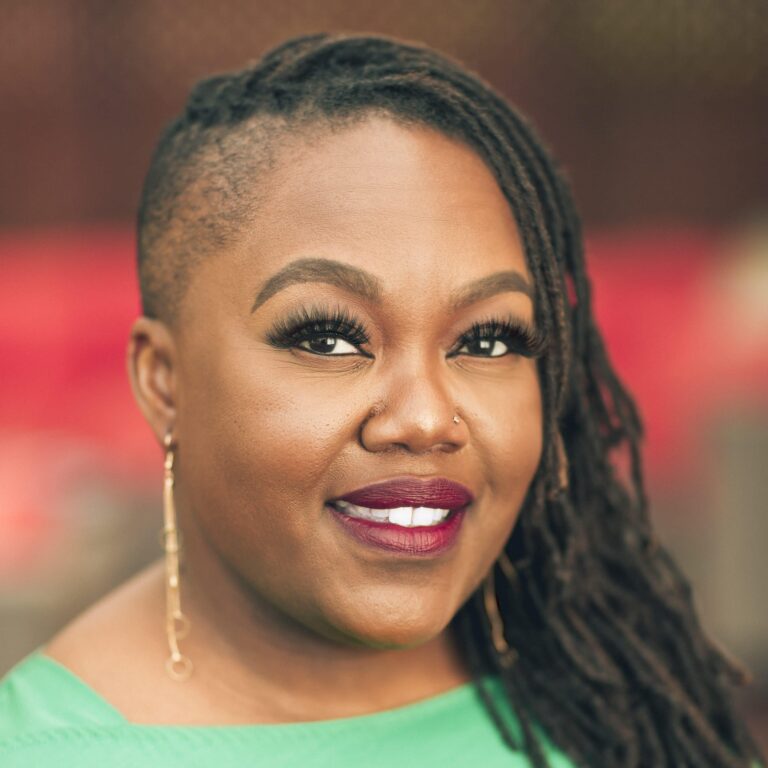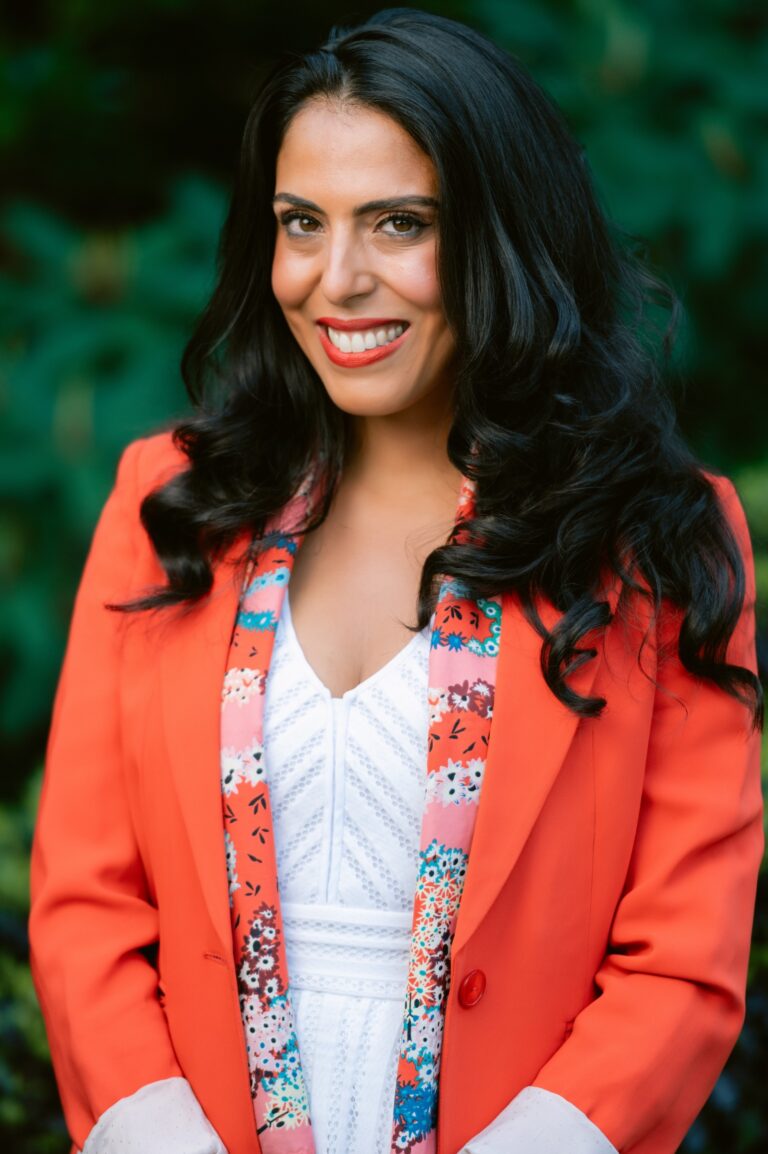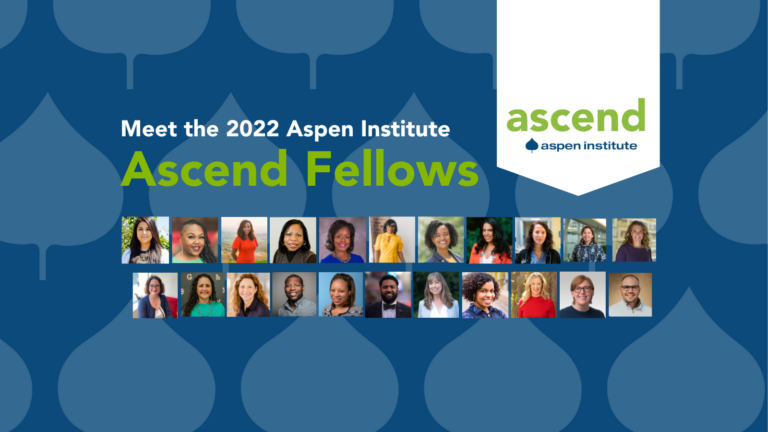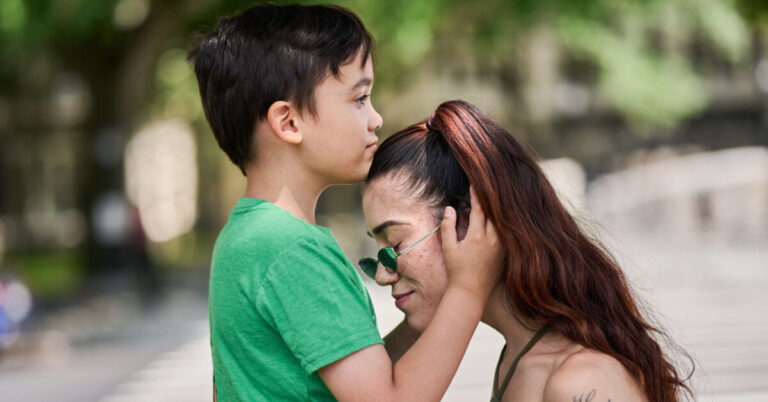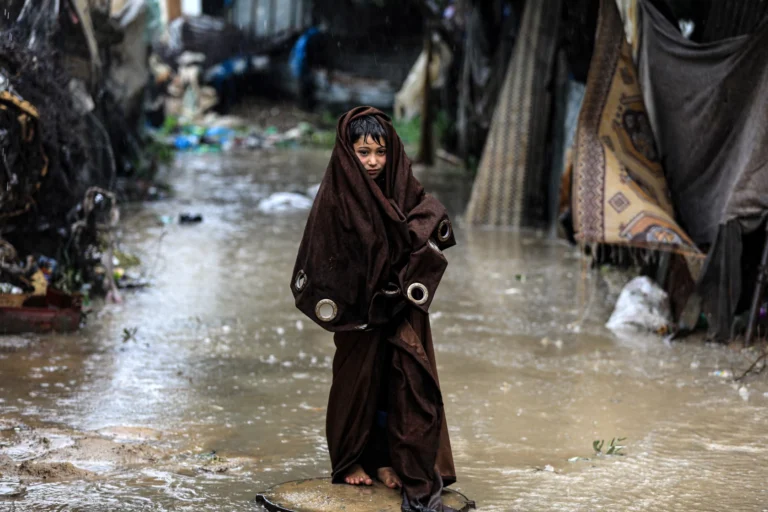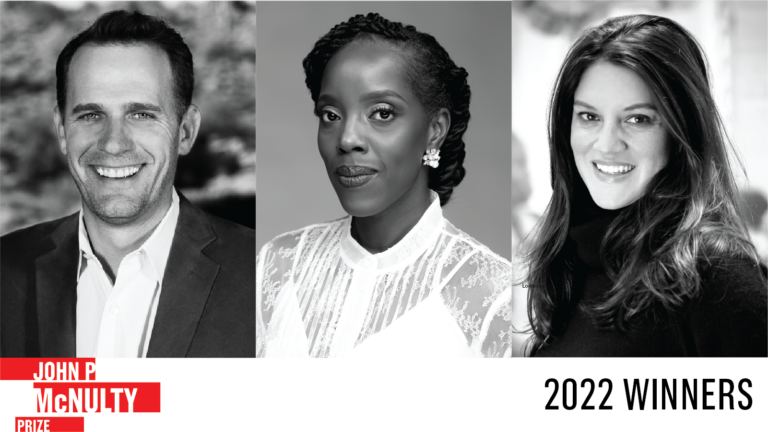Time to Transform Child Welfare into A Child and Family Well-Being System
April is National Child Abuse Prevention Month, which then turns to May as Foster Care Month. The time to acknowledge deep disparities in our child welfare system is long overdue. The data is clear that our current response is hurting our children and families, particularly Black, Indigenous and people of color. We cannot and should not let this persist. Our collective goal must be racial justice and well-being for all.
I recently read about five-year-old Deja, who was living with her mother in an apartment in Brooklyn, New York. After putting Deja to bed, her mother took a much-needed bath after a long day of work. Unbeknownst to her, Deja wasn’t able to sleep and woke up to look for her mom. When she couldn’t find her, she set out to find her great-grandmother who lived across the street. A passerby saw Deja on the sidewalk and called Child Protective Services. Her mom was arrested for endangering the welfare of her daughter, and Deja was sent to foster care.
This incident reminded me of something very similar that happened in my own family, but with a very different outcome. In recounting this, I recognize my own privilege as a white mother raising a white son. When my son was two years old, he walked out of our house. We had left a door open to work in our yard. He slipped out, and a neighbor found him a few houses down. I was terrified, ashamed, grateful, and relieved. The story has become family lore in our home, but an experience with no arrest, no child welfare, no police, no public humiliation or shame.
Sadly, Deja’s story isn’t an aberration. Families of color are significantly more likely to encounter systemic and structural barriers and be reported to child abuse hotlines and investigated for abuse and neglect than white families. And children of color are more likely to be separated from their parents and placed in foster care. In California alone, Black children are nearly three times more likely to be reported than white children, and four times more likely to enter foster care. These numbers perpetuate for lifetimes. The American Journal of Public Health recently reported that approximately half of all Black and Native American children in California experienced a child welfare investigation at some point during the first 18 years of their lives, compared to nearly a quarter of white children.
COVID-19 has only worsened economic inequality, health disparities, and stressors experienced by families of color. We need to start bridging these gaps by first acknowledging that parenting—and particularly parenting in a pandemic—is tough. We cannot afford to stigmatize families who are trying to get by. When shelter-in-place orders were first mandated throughout the country, many children were truly on the verge of hunger. Many families became homeless because they didn’t have any income. Families couldn’t even get basic supplies from food banks. No toilet paper, no diapers, no baby formula.
Despite these moments of despair, pain, raw and just anger, there have been bright spots of hope and action. Safe & Sound is part of an effective network of family resource centers – more than 3,000 across the country — that provide community-based prevention programs to strengthen families and enhance child development. At the beginning of the pandemic, Safe & Sound converted its building into a warehouse and distributed nearly two tons of baby formula, over 115,000 diapers; over half-a-million wipes; as well as masks, gloves, and other PPE. We’re currently providing warm meals and groceries every week. In addition to providing supplies and basic concrete needs, we’re helping families with relief from evictions—with rent subsidies and housing supports. Requests from families for funds to prevent evictions are 2,000 percent higher than pre-pandemic levels. And our 24/7 parental stress line (415-441-KIDS) has been a lifeline for so many families. We’ve created virtual and socially distant connections for families to ease isolation and nurture resilience including virtual family playgroups, education classes, telehealth, online clinical support, therapy, and other wellness services.
With COVID-19 cases persisting and the expectation of greater economic challenges ahead, we must do more. Now is the time for communities to come together to strengthen families. We cannot sit on the sidelines — helping families and children cope means meeting both big and small needs in the moment.
And just as we cannot let up on our vigilance to fight COVID-19, we cannot let up when it comes to transforming the child welfare system from one that investigates and removes children from their families after they’ve been hurt, to a well-being system that supports and helps children and families thrive from the start. When we transform systems, build community, and strengthen families, we protect children.
Resources:
- Thriving Families, Safer Children: A National Commitment to Well-Being — the Annie E. Casey Foundation, Casey Family Programs, Prevent Child Abuse America, and the Children’s Bureau are working across the public, private and philanthropic sectors to assist jurisdictions in developing more just and equitable systems that benefit all children and families and break harmful intergenerational cycles of trauma and poverty.
- On March 31, 2021 – President Biden issued a proclamation describing the Administration’s commitment to prevent child abuse.
- Aligning Systems: Aspen Early Childhood Development and Health Forums, 2017–2020; The brief provides an overview of lessons learned and new innovations to inform and support a comprehensive early childhood system and advance federal efforts to align early childhood and health systems in order to strengthen family outcomes across agencies.
Katie Albright is an Aspen Institute Ascend Fellow, president and CEO of Safe & Sound, and co-chair of Ascend’s Two-Generation Prenatal to Three Learning and Action Community.
Related Posts
